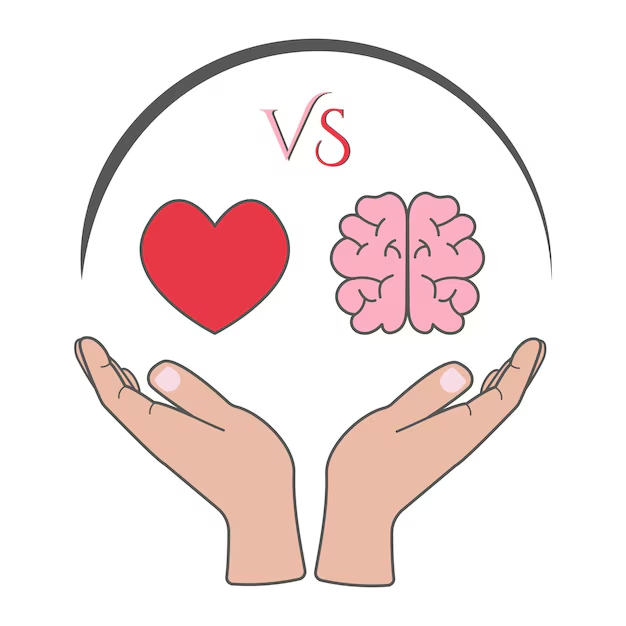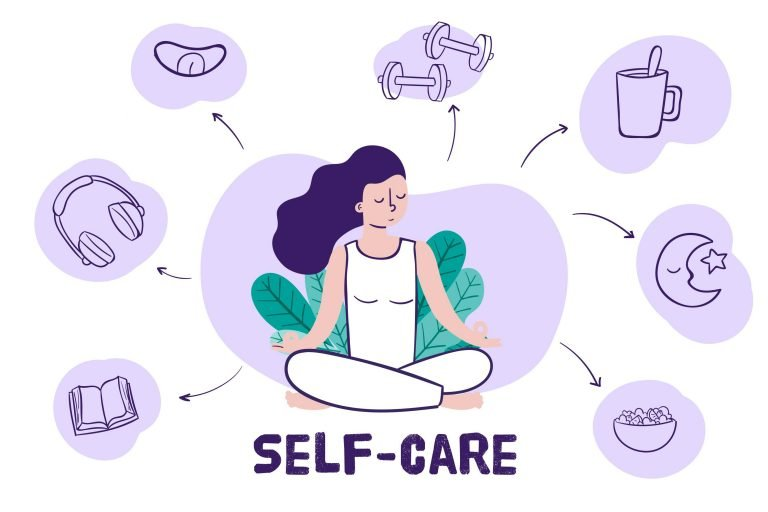Understanding the Interconnectedness
Sleep, nutrition, and movement aren't isolated elements; they are deeply intertwined. Poor sleep can disrupt your appetite-regulating hormones, leading to unhealthy food choices. Lack of movement can reduce sleep quality and contribute to metabolic sluggishness. And inadequate nutrition can compromise both sleep and physical performance. Recognizing this interconnectedness is the first step toward creating a synergistic lifestyle.
Sleep: The Foundation of Energy
Adequate sleep is the cornerstone of the Energy Equation. It's during sleep that our bodies repair tissues, consolidate memories, and regulate hormones. Chronic sleep deprivation can lead to a cascade of negative effects, including reduced cognitive function, weakened immune system, and increased risk of chronic diseases. [**Markdown URL: https://www.sleepfoundation.org/**] The Sleep Foundation offers comprehensive information about sleep health.
Aim for 7-9 hours of quality sleep per night. Here are some strategies to improve your sleep hygiene:
- Establish a Consistent Sleep Schedule: Go to bed and wake up around the same time each day, even on weekends.
- Create a Relaxing Bedtime Routine: Wind down with a warm bath, reading, or meditation.
- Optimize Your Sleep Environment: Make sure your bedroom is dark, quiet, and cool.
- Limit Screen Time Before Bed: The blue light emitted from electronic devices can interfere with sleep.
- Avoid Caffeine and Alcohol Before Bed: These substances can disrupt sleep patterns.
Nutrition: Fueling Your Body and Mind
Nutrition is the fuel that powers your body and mind. A balanced diet provides the essential nutrients needed for optimal energy production, hormone regulation, and overall health. Focus on whole, unprocessed foods, including fruits, vegetables, lean protein, and whole grains. Avoid processed foods, sugary drinks, and excessive amounts of unhealthy fats.
Consider these nutritional guidelines for sustained energy:
- Prioritize Complex Carbohydrates: Choose whole grains, fruits, and vegetables over refined carbohydrates.
- Include Lean Protein with Every Meal: Protein helps stabilize blood sugar levels and promotes satiety.
- Don't Fear Healthy Fats: Healthy fats, such as those found in avocados, nuts, and olive oil, are essential for hormone production and brain function.
- Stay Hydrated: Dehydration can lead to fatigue and reduced cognitive function.
- Be Mindful of Portion Sizes: Overeating can lead to sluggishness and weight gain.
Here's a sample daily meal plan:
- Breakfast: Oatmeal with berries and nuts, or a Greek yogurt parfait with fruit and granola.
- Lunch: Salad with grilled chicken or fish, or a whole-wheat wrap with hummus and vegetables.
- Dinner: Baked salmon with roasted vegetables, or lentil soup with a side salad.
- Snacks: Fruits, vegetables, nuts, or Greek yogurt.
Movement: Energizing Your Body and Mind
Regular physical activity is essential for both physical and mental well-being. Movement increases energy levels, improves sleep quality, reduces stress, and strengthens the cardiovascular system. Aim for at least 150 minutes of moderate-intensity aerobic exercise or 75 minutes of vigorous-intensity aerobic exercise per week, along with strength training exercises at least two days per week. [**Markdown URL: https://www.cdc.gov/physicalactivity/basics/index.htm**] The CDC provides guidelines on physical activity for adults.
Choose activities that you enjoy and that fit into your lifestyle. Here are some ideas:
- Walking or Hiking: A great way to get some fresh air and exercise.
- Running or Jogging: A more intense form of aerobic exercise.
- Swimming: A low-impact exercise that's easy on the joints.
- Cycling: A great way to get around town or explore the countryside.
- Yoga or Pilates: Excellent for improving flexibility, strength, and balance.
- Strength Training: Use weights, resistance bands, or your own body weight to build muscle.
Practical Guidance: Evaluating Your Needs
To effectively implement the Energy Equation, you need to evaluate your individual needs and preferences. Consider the following factors:
- Current Sleep Patterns: Track your sleep for a week to identify any patterns or problems.
- Dietary Habits: Keep a food diary to assess your current nutritional intake.
- Activity Level: Evaluate how much physical activity you currently get and identify opportunities to increase it.
- Stress Levels: Consider stress management techniques to improve sleep and overall well-being.
- Underlying Health Conditions: Consult with a healthcare professional to rule out any underlying health conditions that may be affecting your energy levels.
Once you have a clear understanding of your needs, you can develop a personalized plan for optimizing your sleep, nutrition, and movement.
Long-Term Considerations
The Energy Equation is not a quick fix; it's a lifestyle change. To maintain long-term energy levels, you need to be consistent with your efforts and adapt to changing circumstances. Here are some long-term considerations:
- Maintenance of Sleep Hygiene: Continue to prioritize sleep and maintain a consistent sleep schedule.
- Sustainable Dietary Habits: Focus on making healthy food choices that you enjoy and can sustain over the long term.
- Regular Physical Activity: Find activities that you enjoy and that fit into your lifestyle.
- Stress Management: Practice stress management techniques regularly to prevent burnout.
- Regular Check-ups: Consult with a healthcare professional regularly to monitor your health and address any concerns.
It's also important to be flexible and adapt to changing circumstances. Life is unpredictable, and there will be times when you can't maintain your ideal routine. The key is to be resilient and get back on track as soon as possible.
| Component | Recommendation | Long-Term Consideration |
|---|---|---|
| Sleep | 7-9 hours of quality sleep | Consistent sleep schedule, relaxing bedtime routine |
| Nutrition | Balanced diet with whole foods | Sustainable dietary habits, mindful eating |
| Movement | 150 minutes of moderate-intensity exercise per week | Regular physical activity, find enjoyable activities |
FAQ (Frequently Asked Questions)
- Q: How quickly will I notice a difference after implementing the Energy Equation?
- A: The timeframe varies from person to person. Some individuals may experience improvements in energy levels within a few weeks, while others may take longer. Consistency is key.
- Q: Is it necessary to completely overhaul my diet and exercise routine to see results?
- A: No, small, gradual changes are often more sustainable. Start by making one or two small adjustments to your diet, sleep schedule, or activity level and gradually build from there.
- Q: What if I have a medical condition that affects my energy levels?
- A: Consult with a healthcare professional to rule out any underlying medical conditions and to develop a personalized plan that takes your specific needs into account.
- Q: Can supplements help boost my energy levels?
- A: While some supplements may offer short-term benefits, they are not a substitute for a healthy lifestyle. Focus on optimizing your sleep, nutrition, and movement first, and then consider supplements as a potential adjunct if needed. Always consult with a healthcare professional before taking any supplements.
- Q: What are the best ways to manage stress and prevent burnout?
- A: Incorporate stress-reducing activities into your daily routine, such as meditation, yoga, or spending time in nature. Prioritize self-care and set realistic expectations for yourself. Seek support from friends, family, or a therapist if needed.
Disclaimer: This information is for informational purposes only and should not be considered medical advice. Consult with a healthcare professional before making any significant changes to your diet, exercise routine, or sleep habits.
Sources
- [**Markdown URL: https://www.hsph.harvard.edu/nutritionsource/**] Harvard T.H. Chan School of Public Health - The Nutrition Source
- [**Markdown URL: https://www.heart.org/**] American Heart Association
- [**Markdown URL: https://www.ncbi.nlm.nih.gov/pmc/articles/PMC6262661/**] National Institutes of Health - Role of Sleep Deprivation in Immune Function and Increased Susceptibility to Infection





